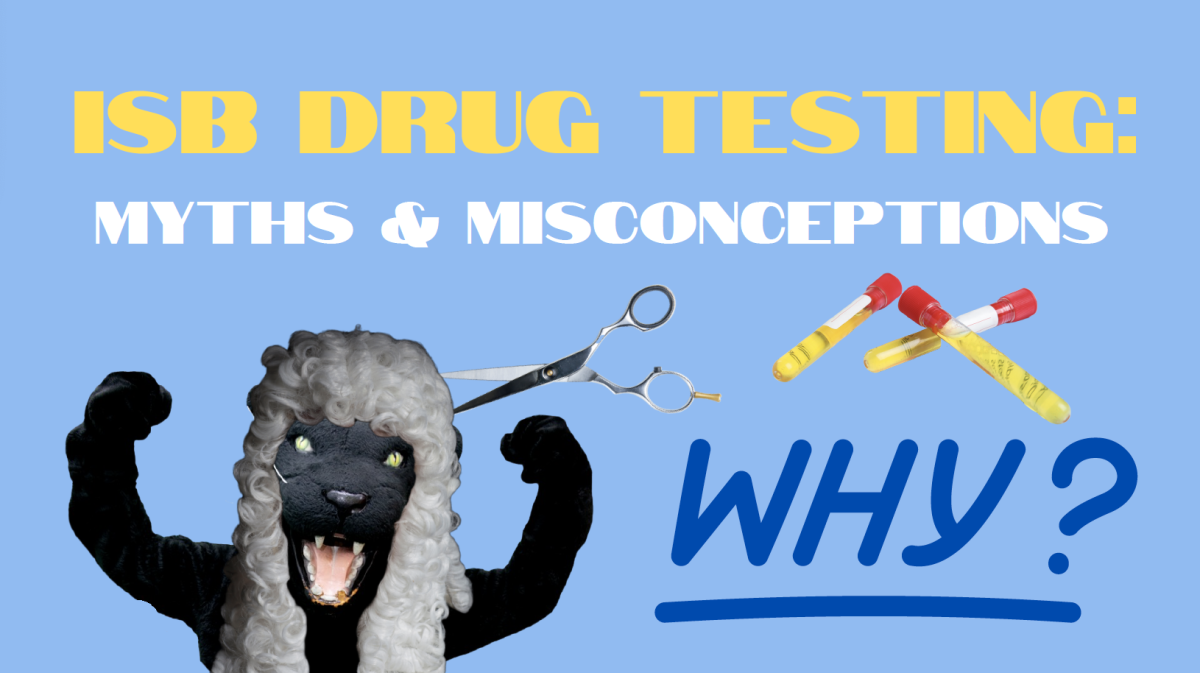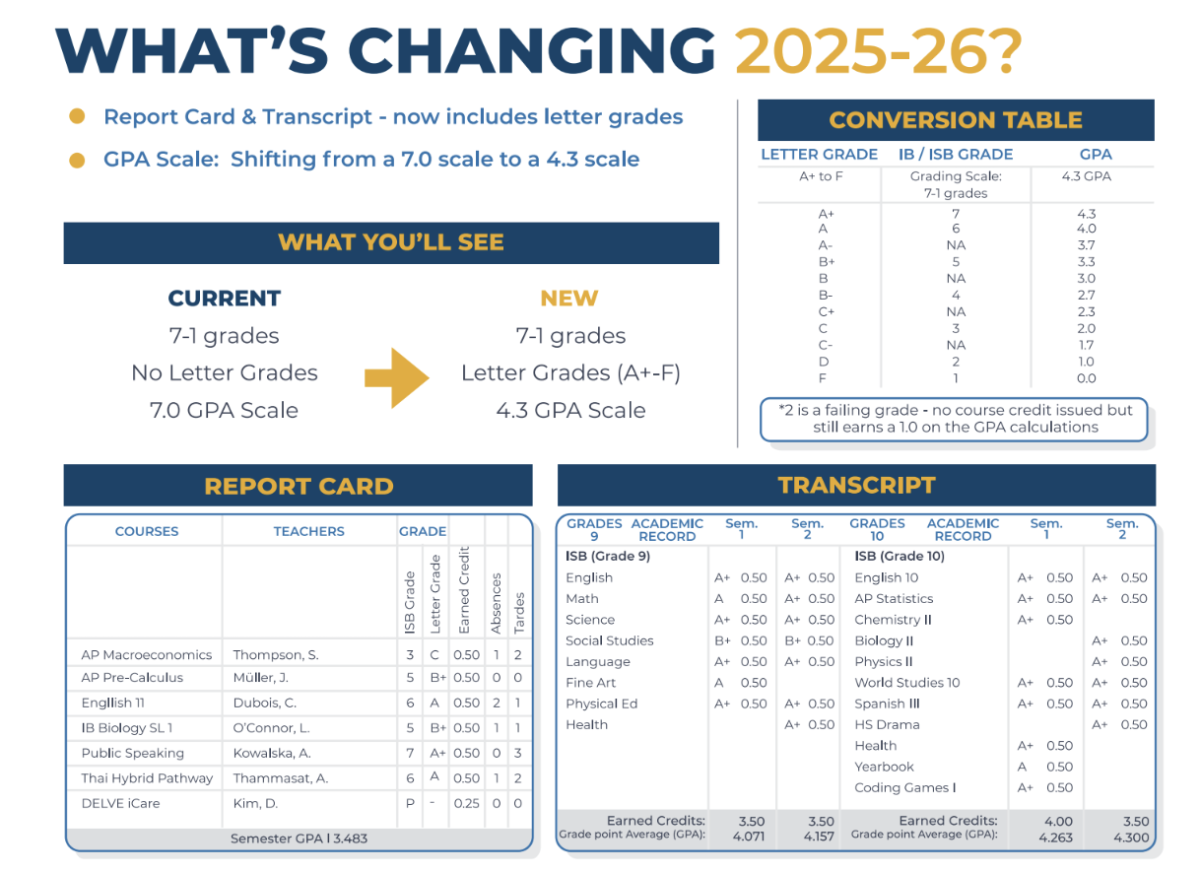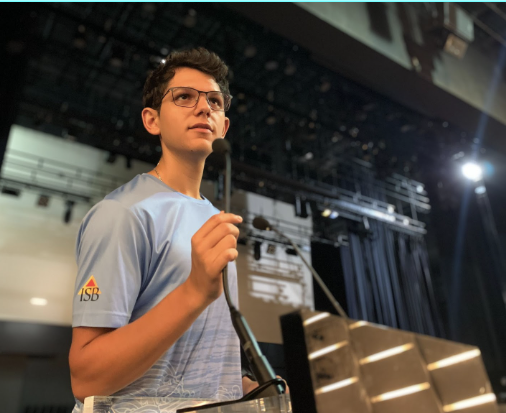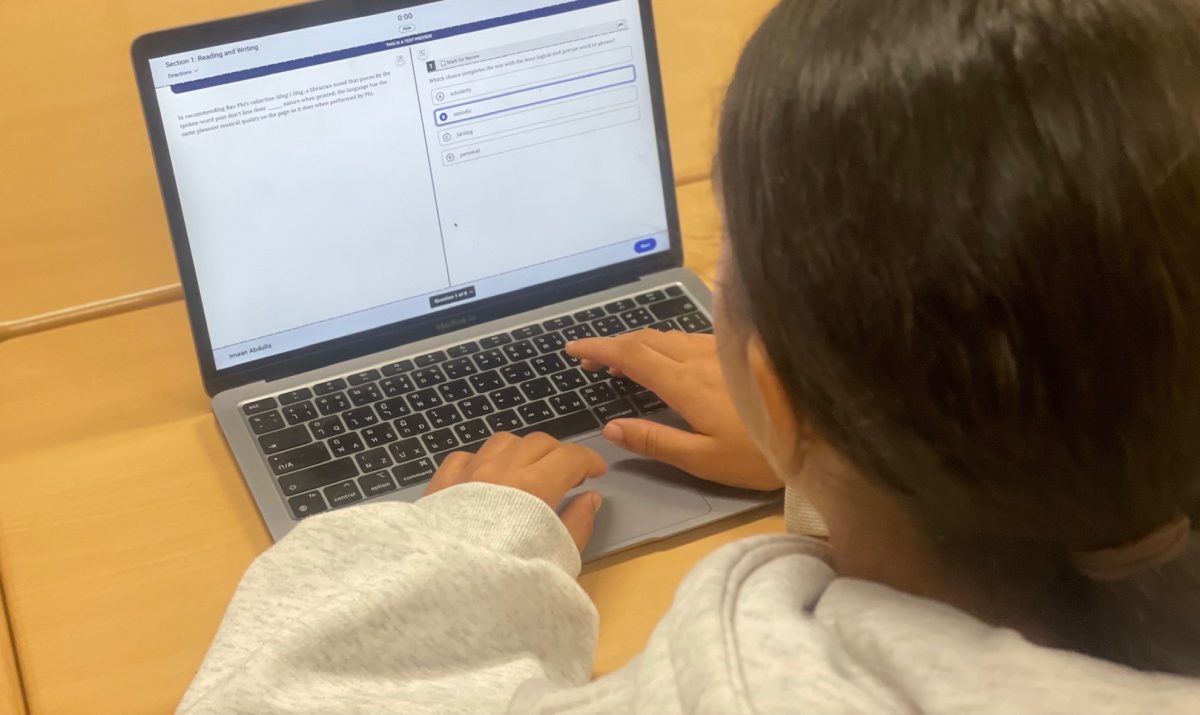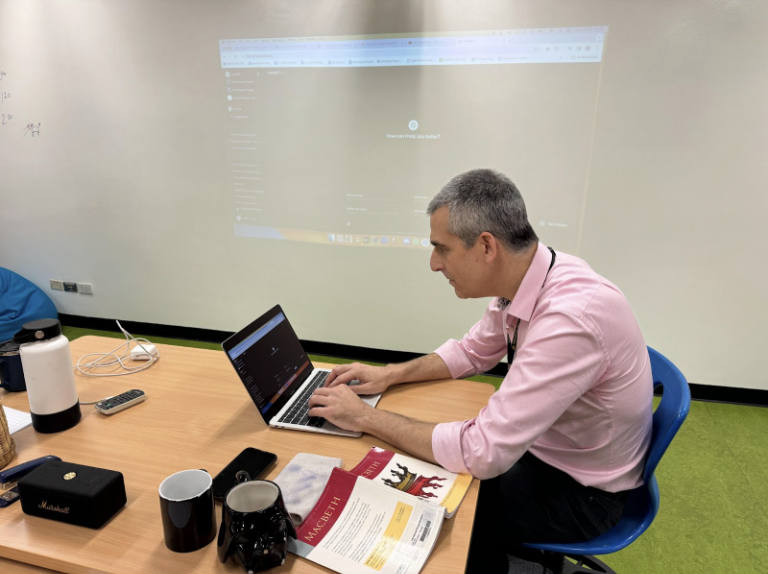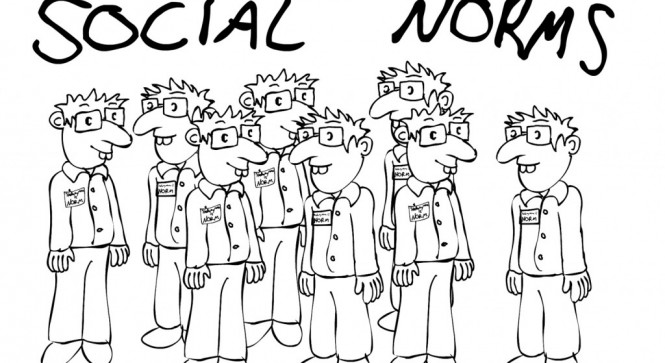As far as technology goes, we are privileged to live in such a wonderful time. We no longer have to wait for the newspaper every morning to find out what is going on in our town or the 5 o’clock news to hear about what is happening around the world. We have all the news we could possibly want within the reach of our fingertips.
The Internet is a great source of worldwide news, and for those of us who have grown up with it, it is easy to navigate and find specific articles that align with our interests. With this, the underlying assumption is that most students, especially here at the International School of Bangkok, are very well informed. But is this really the case?
An anonymous source stated that as a student, they “do not regularly watch the news or read newspapers/magazines” and often find that they “have no idea what [their] friends are talking about when they discuss what has been happening around the world.”
Whether it is due to lack of time or simply lack of interest in the news, when asked if they consider themselves well informed many ISB high school students responded that they do not. On the other hand, there were still some students who claimed that they both watch the news and read news articles regularly and as a result are very well informed.
Being well informed has many advantages and I firmly believe that it is in everyone’s best interest to at least be somewhat informed about what is going on around the world. Take it from me, a journalist, someone who has to be well informed and know what is going on in both our community and the world, it feels good to know what is happening around you.
How many of us can honestly say we have a solid understanding of events in Syria, the current tensions in the South China Sea, or even the political situation here in Thailand? These are the world changing events of this year, and we should want to understand them.
Not only does knowing the news give you something to talk about, think about and perhaps even laugh at but knowing what is going on is somewhat reassuring. Furthermore, being well-informed means being able to ask intelligent questions in seminars, engage in interesting debates and understand complex things that other people around you may not be able to.
Interestingly enough, several ISB students that do not watch the news or read the newspaper regularly still mentioned that they believe they are well informed. One such student explained that although they “do not find watching the evening news or reading the Bangkok Post interesting” they “still manage to stay informed by reading news articles that appear on [their] Facebook feeds or simply by talking to [their] parents.”
There are endless options and possibilities when it comes to news much like there are countless online magazines and newspapers, as well as websites such as buzzfeed that not only inform but also entertain at the same time. In reality, being well informed does not take as much effort as most people think.
So how is it that many of us still are not well informed when we are pretty much surrounded by news? Whether we like it or not, “breaking news” stories constantly pop up on our Facebook feeds and or our phones. We are repeatedly being encouraged but still somehow refusing to become well-informed individuals.
Christa Gude (11) gets her daily news from “an app on [her] iPod called “news” which displays top news and allows [her] to save articles if [she] wants to.” Most people have this very app on their phones and do not even realize it is so useful.
Current events and news programming (outside the world of sports or entertainment) may be fairly low on the interest scale of most young people. But at some point we have to grow up and into awareness of the larger world around us in order to help give some context to where and who we are in that broader picture of history.
Antonina (Tosia) L




